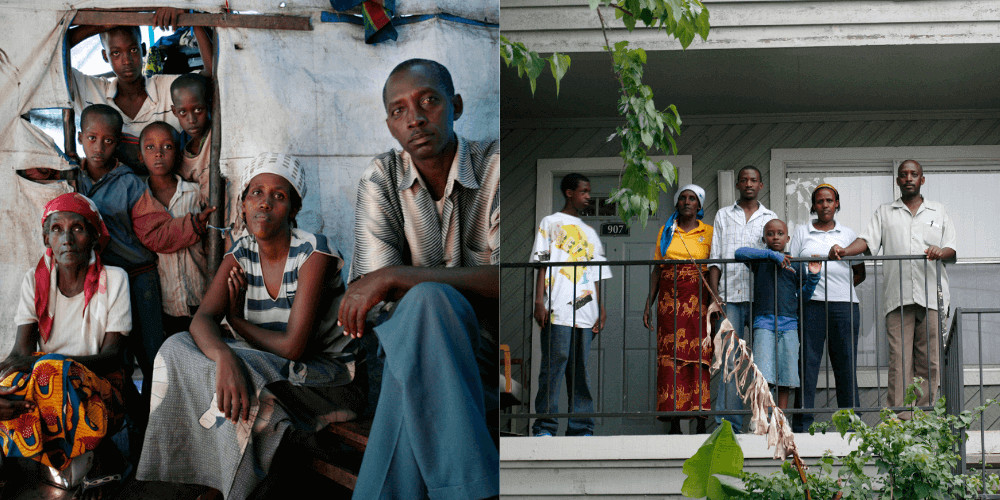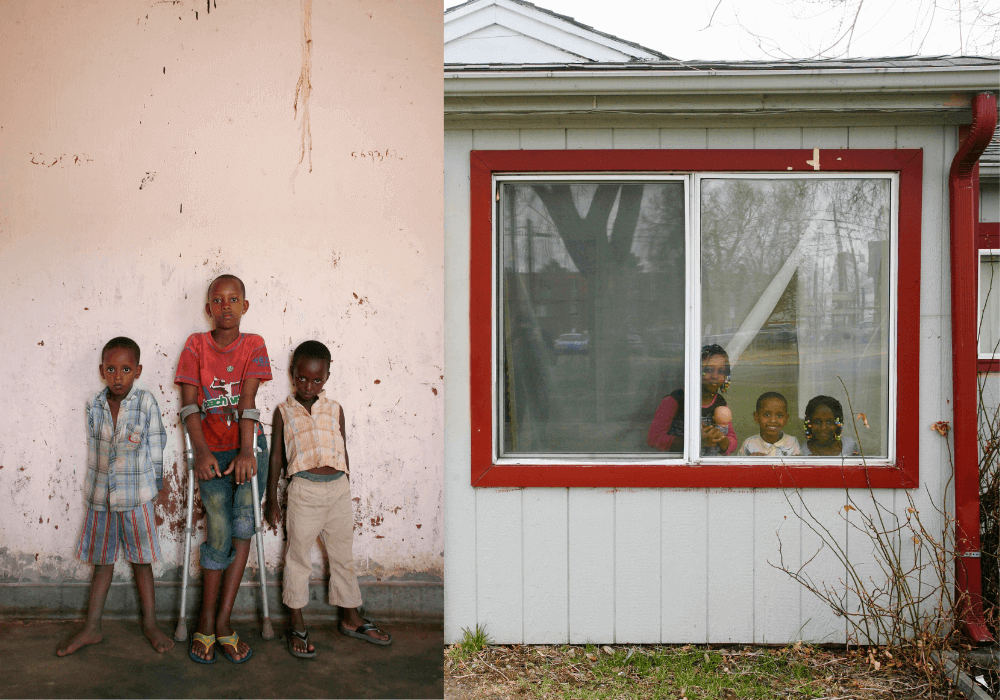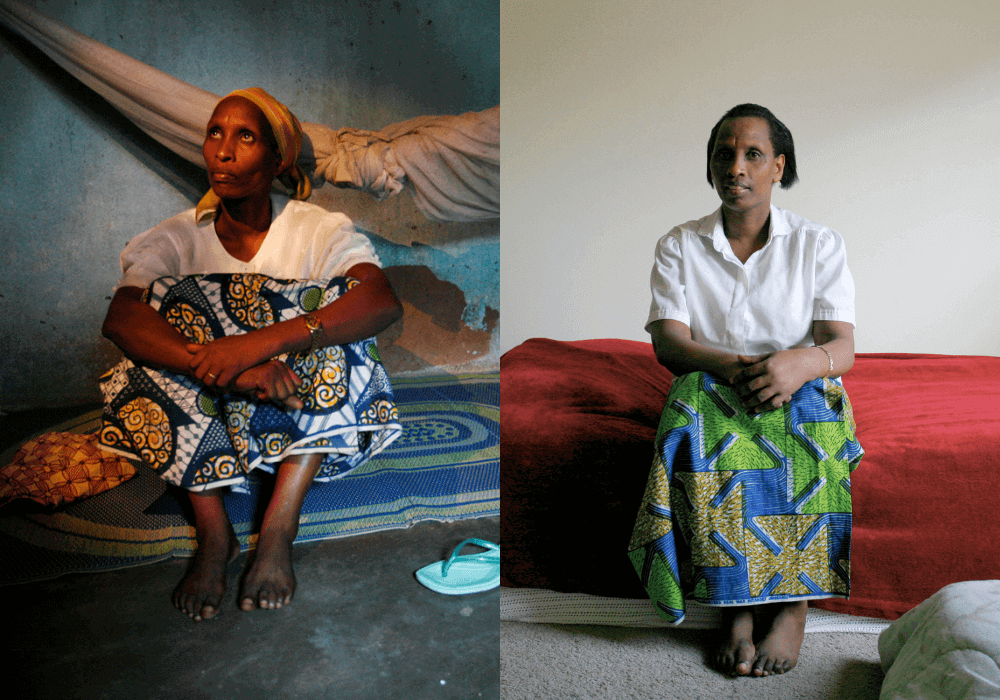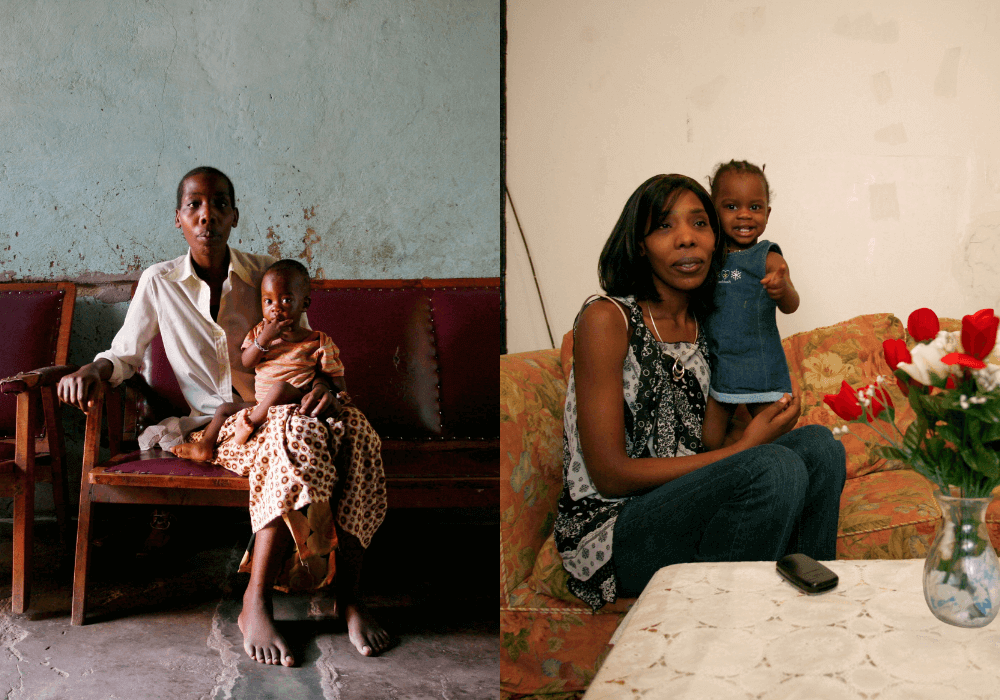It has been 21 years since the night that forever changed the Banyamulenge community. On August 13, 2004, in the small town of Gatumba in western Burundi, the sound of gunfire and screaming filled the air.
Refugees, mostly women and children, were sleeping in their tents when armed men surrounded the camp. They set the shelters on fire and opened fire on the sleeping families.
That night, more than 150 people were killed. Many others were left with serious injuries. Most of the victims were Banyamulenge, a Tutsi minority from the eastern Democratic Republic of Congo (DRC) who had already fled war.
Survivors say it was like a nightmare they could not wake up from. Smoke filled the air, the heat from the flames was unbearable, and the sound of bullets and crying children mixed into one long moment of terror.
The National Forces of Liberation (FNL), a Burundian rebel group, claimed responsibility for the attack. Reports also linked other armed groups from the DRC to the massacre.
International organizations like the United Nations and Human Rights Watch called it what it was: a targeted, ethnically motivated genocide. But 21 years later, no one has been punished in court for the killings.
“We have been living with the pain for 21 years, but justice has not come,” said one survivor during this year’s memorial. “Our children’s lives were cut short, and their blood cries out for justice.”
This year’s remembrance took place in Banyamulenge communities around the world. There were prayer vigils, candlelight ceremonies, and speeches from survivors and human rights defenders.
Organizers say it is not just about remembering the past, it is about calling on governments and international bodies to finally act.
The scars of Gatumba still run deep. Many Banyamulenge people continue to face persecution and displacement in the Great Lakes region.
“Remembering Gatumba is not about the past, it is a call to prevent such atrocities from ever happening again,” said a community leader.
Before the massacre, warnings had already been given. Refugees at Gatumba told aid agencies they felt unsafe so close to the DRC border. But they were not moved.
On that night, 166 refugees were killed and 116 more were injured or left permanently disabled.
One man who saw the suffering up close was Sasha Chanoff, who at the time was in the process of starting RefugePoint, a refugee protection organization.
“I got calls from refugees in the U.S. telling me their sisters, brothers, and children were killed or hiding,” Sasha recalls. “The killers were still looking for survivors.”
In 2024, new legal complaints were filed in several countries, accusing those responsible of genocide and crimes against humanity. But legal proceedings are still at an early stage.
For the survivors, every year that passes without justice feels like another wound.
“How long will justice wait?” asks one elderly survivor, holding a photo of her children killed that night.
The survivors’ message is clear: remembering Gatumba must lead to action.







